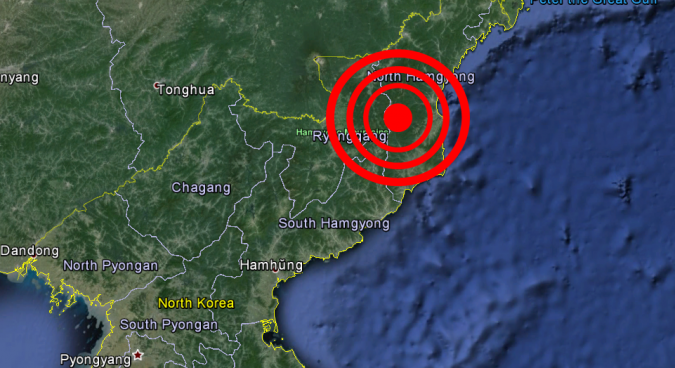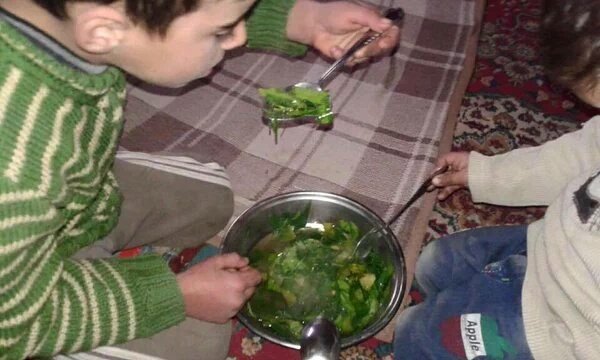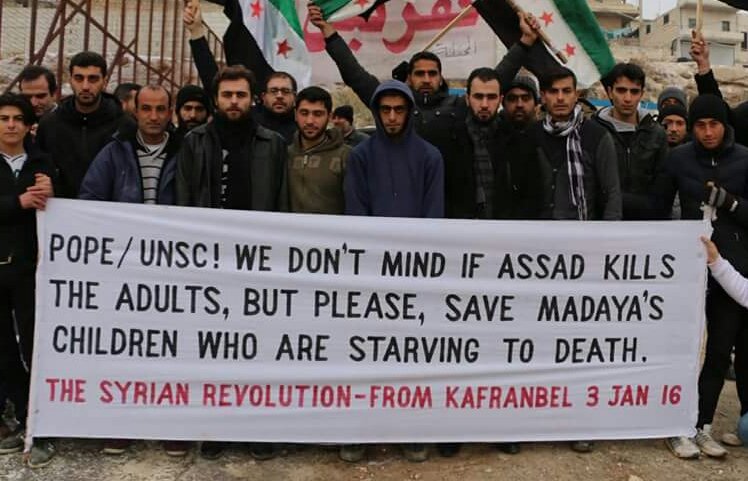Who does a YouTube commercial about his last year as president?
Politico: President Barack Obama plugs his own State of the Union address in a video trailer the White House is releasing Wednesday afternoon as part of an effort to set expectations for the president’s speech next Tuesday, which unlike previous addresses won’t include a new legislative agenda.
Going into his final year as president, Obama plans to focus more on the big themes that have defined his presidency and eschew a laundry list of policy proposals His explanation: he’s got bigger things in mind than Congress, according to details shared with POLITICO.
“What I want to focus on in this State of the Union,” Obama says in the video the White House will release late Wednesday, is “not just the remarkable progress we’ve made, not just what I want to get done in the year ahead, but what we all need to do together in the years to come: The big things that will guarantee an even stronger, better, more prosperous America for our kids. That’s what’s on my mind.”
Standing in front of his desk in the Oval Office, Obama offers a broad preview of what he’ll say: where things were when he came in, and how much progress he’s led since.
Not mentioned: the Republican majorities in the House and Senate who would have stopped any legislative agenda from moving – especially in an election year- with the possible exceptions of the Trans Pacific Partnership and criminal justice reform.
In an email that will also be distributed on Wednesday, Obama chief-of-staff Denis McDonough echoes Obama’s more-optimistic-than-ever theme and lists some of what’s likely to be on Obama’s brag list: December’s budget agreement, the Iran nuclear deal, increased domestic oil production together with new environmental regulations, a peak in high school graduation rates and health insurance coverage, a drop in unemployment, crime and incarceration rates.
“What we have left to do is bigger than any one policy initiative or new bill in Congress. This is about who we are, where we’re headed, and what kind of country we want to be,” McDonough writes.
McDonough finishes with a plug for his new Twitter account, @Denis44, also inaugurated on Wednesday. His first tweet: “New Year’s Resolution: Join Twitter ✓And just in time for @POTUS’ final State of the Union,” with a link to the Obama video.
Oh, one more thing and it is a big one.
Obama Admin Boosting Staff for Massive Criminal Pardon Effort
FreeBeacon: The Obama administration is seeking to significantly boost the number of staffers in the Department of Justice’s pardon office, leading some to speculate that the president is getting set for an end-of-administration effort to grant clemency to a range of criminals.
The Justice Department recently posted on its website a job listing seeking 16 lawyers for new spots in its Office of the Pardon Attorney, which codifies petitions for clemency and makes recommendations to the attorney general for clemency.
The new lawyers will assist “the President in the exercise of executive clemency,” according to the job description.
The department’s move to beef up staff in the pardon office has prompted speculation that President Obama will pursue a final term effort to grant clemency to a range of criminals, particularly drug offenders.
The Justice Department has been working for more than a year now on a new clemency initiative that outside organizations predict could free up to 20,000 convicted inmates from federal prisons. The effort has been described in news reports as “an unprecedented use of clemency power.”
The department says the new pardon office lawyers will work on this initiative and focus only on non-violent offenders.
“The Justice Department announced a new clemency initiative to encourage appropriate candidates to petition for executive clemency in order to have their sentences commuted by the President,” the job listing states. “The Initiative invites petitions for commutation of sentence from non-violent inmates who are serving a federal sentence, who by operation of law, likely would have received a substantially lower sentence if convicted of the same offense today.”
Thus far, “thousands of inmates” have filed petitions to have their sentences commuted and “more are likely to do so,” according to the Justice Department. “Evaluating these petitions for recommendations to the President is a high priority for the Justice Department.”
The attorneys will “review and evaluate petitions” submitted by prisoners and confer with Justice Department officials, as well as other administration agencies, to decide who meets the criteria to receive a pardon, according to the job description.
Government oversight organizations and experts are questioning the administration about the possibility that it could release those in the country illegally or those who have committed major drug offenses.
One congressional source familiar with the effort criticized Obama for abusing the presidential right to grant pardons.
“This fits perfectly with the administration’s two-term agenda of eroding the rule of law in America,” the source told the Washington Free Beacon. “While the president certainly has the constitutional power to pardon, I shudder thinking about how he plans to use it, given his determination to release dangerous criminals.”
Judicial Watch, a legal organization that has sought disclosure on the issue, petitioned the Justice Department in July through a Freedom of Information Act request to release all records discussing the clemency project.
Judicial Watch has predicted that the major clemency initiative “would empower President Obama to grant mass clemency to as many as 20,000 convicted felons now serving time for drug-related sentences.”
The clemency program is just one “part of the Obama administration’s effort to end alleged racial discrimination in drug-related sentences,” according to Judicial Watch.
Republican lawmakers also have expressed concern over the initiative.
Tom Fitton, president of Judicial Watch, accused Obama at the time of “abusing his authority” under the Constitution to pardon prisoners.
“This is an example of the imperial presidency at its worst, and the American people have a right to know who is behind his errant usurpation of power,” Fitton said in a statement at the time.
The Justice Department did not immediately respond to a request for more information on the initiative.






